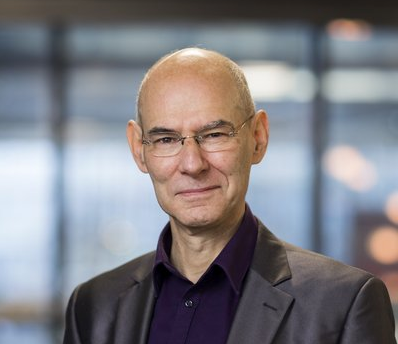Will private companies bring fusion power to the market soon? Or the race for (fusion) power between the USA and China? Niek Lopes Cardozo (TU/e) will analyze these developments in the DIFFER seminar. Please register to join as a guest.

Fusion holds the promise of unlimited, zero-CO2, safe energy, for all, forever. But the technology is extremely challenging. So much so, that after 60 years of research it is still not proven that a power-producing fusion reactor can be realised, the European roadmap projecting the first demonstrator (DEMO) in 2060.
But things have begun to shift, recently. The mainstream, government-funded fusion R&D programmes have achieved some major results: In February 2022 the EU programme announced a new fusion energy record achieved in the Joint European Torus (JET), a few weeks after the US inertial fusion programme achieved ‘ignition’ in the National Ignition Facility (NIF) – a feat they repeated multiple times in 2023. In the meantime, the construction of is well underway, with first operation expected in the early 2030s.
Full power demonstrator
The most surprising development, however, is the surge of private companies who aim at building a full power demonstrator within ten years. Over the past few years, these companies have attracted some 7 billions (!) of dollars in private funding and feature highly competent, focused teams. Whereas the government-funded programmes focus on a single concept, the private initiatives explore a dozen different concepts in parallel. And they follow a completely different development philosophy.
Recently, governments have started to embrace this development, with the UK and USA actively seeking publicprivate partnerships. China, too, has announced very ambitious plans and intends to be first country to deploy fusion power. An ambition they share with the USA and the UK. The EU is still on the fence about this, but e.g. Germany has stepped up its fusion R&D budget.
Fastest route to fusion
In this talk Lopes Cardozo analyses these developments and discuss which innovation pathway could be the fastest route to fusion power. He compares the different approaches, ask the question how it is possible that private companies could be so much faster than the mainstream programme, and if it is likely they will succeed, and when, if even one of them is successful, fusion could start to play a role in the energy transition – for which thousands of power plants need to be build. The analysis is done in the context of the required energy transition, which dictates the pace but also the required investment level.
Join this seminar
Please register below
Date
Chair
Location
Speaker
Affiliation
Website
Go to the Events page.